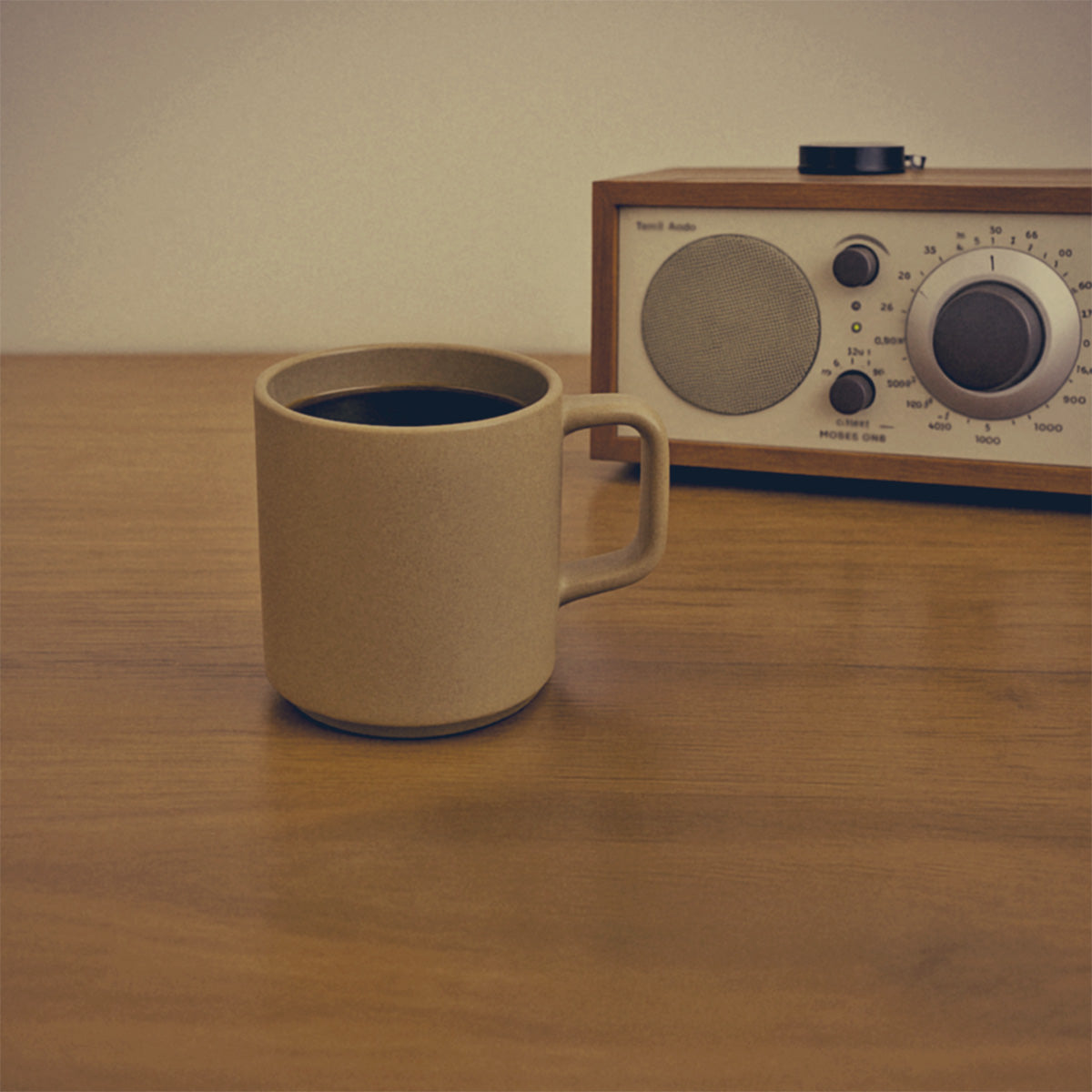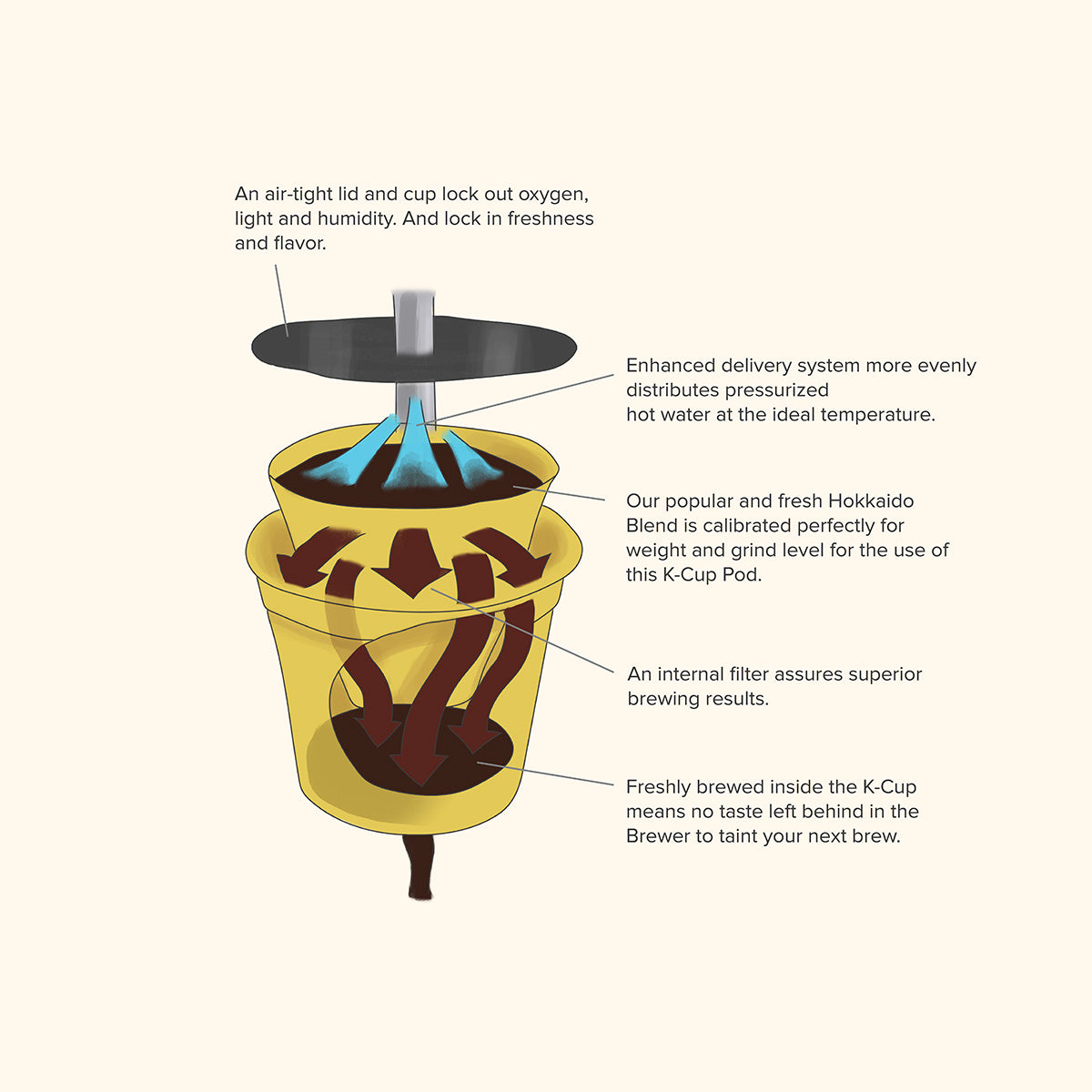There is coffee for everyone, whether you want it hot, iced, flavored, unsweetened, or decaffeinated. Coffee drinkers are aware of how crucial it is, whether they enjoy the act of making (or purchasing) their favorite beverage every day or require it to give them more energy. However, it could be challenging to include coffee in your daily calorie intake if you're attempting to lose weight, especially if you like it sweet and creamy. Many diets, like the vegetarian keto diet, permit coffee (with no sugar, phew!), but you might be wondering whether coffee aids in weight loss or contributes to weight gain.

The scientific community is divided on this, to be quite honest. According to Amy Gorin, RDN, a proponent of plant-based nutrition and a registered dietitian nutritionist in the New York City area, a preliminary study shows a connection between coffee drinking and weight loss.
Generally speaking, drinking one cup of coffee per morning is OK. However, according to Monica L. Capilla, RD, LDN, you should be cautious about how much alcohol you consume if you have heart disease or are worried about your blood pressure.
To help clear the air, fortunately, there is a variety of information available. The details on where and how coffee fits into a healthy lifestyle are provided here.
Does consuming coffee help you lose weight?
There is no conclusive evidence to support either a positive or negative impact of coffee on weight reduction, or even if it has any impact at all. The idea that drinking coffee encourages weight loss has been supported by research, but there aren't enough of them to make the assertion generally acknowledged. Furthermore, there is no evidence that coffee helps reduce fat in certain areas of the body, such as the stomach. Here are some conclusions from recent research.
In accordance with studies, coffee may aid in weight loss:
- Caffeine may enhance brown adipose tissue, or the fat in your body that burns calories, according to a 2019 study published in Scientific Reports. One cup of coffee, according to research, increases metabolic rate to the point where brown adipose tissue activity happens, leading to fat burning and weight loss.

- A 2020 study that appeared in the American Journal of Clinical Nutrition found that those who drank four cups of caffeinated coffee per day reduced their body fat by 4%. According to the study's authors, this is because drinking coffee causes a person's metabolic rate to increase, which causes them to burn more calories.
- The incidence of weight gain and the accumulation of body fat were shown to be reduced by caffeinated mate tea extract in a 2020 study on rats that was published in the Journal of Functional Foods. The fact that the results were different when the decaffeinated extract was used suggests that, at the very least, mate's caffeine encourages weight loss. Nevertheless, remember that you are not a rat! Human results might be different.
Does consuming coffee lead to weight gain?
According to several recent studies, drinking coffee may have unfavorable effects that may or may not outweigh the beneficial ones based on the research.
Studies have demonstrated that coffee hinders weight loss:
A rise in body mass index (BMI) has been associated with consuming more caffeinated beverages like coffee. In a 2021 study of 661 college students, published in the journal Food & Function, it was shown that individuals who consumed more caffeinated beverages also had higher BMIs and had lower sleep (more on that later).
Consuming caffeinated coffee has been linked to an increase in sugar cravings, so your morning cup could be influencing your later eating decisions (and preventing you from losing weight). Contrarily, a 2017 study indicated that drinking caffeinated coffee interfered with people's taste receptors, namely their perception of sweetness. This study was published in the Journal of Food Science. As a result, you could discover that you keep drinking or eating sugary things (a.k.a., more calories and carbohydrates).

Even six hours before going to bed, consuming coffee may cause sleep issues, according to 2013 research that was published in the Journal of Clinical Sleep Medicine.
What does this confusing study mean for your health and ability to lose weight, then? Enjoy a reasonable amount of coffee if you like it. The use of coffee to gain or lose weight is not backed by any reliable research. Just keep in mind that there may or may not be a connection between your goals and your coffee consumption.
What time of day is ideal for drinking coffee to lose weight?
You run the risk of upsetting your sleep schedule if you drink it too close to bedtime. Finish your last cup before 2:00 p.m.; according to Capilla, "you need eight hours of sleep every day." In this manner, the caffeine will have entirely left your body by the time you're ready to go to bed.
Get Free Bonus Books

Sign up for free to the Coffee Club to get advice and exclusive articles about how to choose Japanese Coffee, and tips, tricks, and recipes for enjoying Japanese coffee.
About the author
Kei Nishida
Author, CEO Dream of Japan
Certification: PMP, BS in Computer Science
Education: Western Washington University
Kei Nishida is a passionate Japanese tea and coffee connoisseur, writer, and the founder and CEO of Japanese Coffee Co. and Japanese Green Tea Co., both part of Dream of Japan.
His journey began with a mission to introduce the world to the unparalleled quality of Japanese green tea. Through Japanese Green Tea Co., he established the only company that sources premium tea grown in nutrient-rich sugarcane soil—an innovation that led to multiple Global Tea Champion awards.
Building on this success and his passion for Japanese craftsmanship, Kei expanded into the world of coffee, pioneering the launch of Japanese Coffee Co., the first company to bring Sumiyaki charcoal-roasted coffee to a global audience. His dedication to authenticity and quality ensures that this traditional Japanese roasting method, once a well-kept secret, is now enjoyed worldwide.
Beyond tea and coffee, Kei has also introduced Japan’s legendary craftsmanship to the world through Japanese Knife Co., making handmade katana-style knives—crafted by a renowned katana maker—available outside Japan for the first time.
Kei’s journey continues as he seeks out and shares the hidden treasures of Japan, one cup and one blade at a time.
Learn more about Kei



























